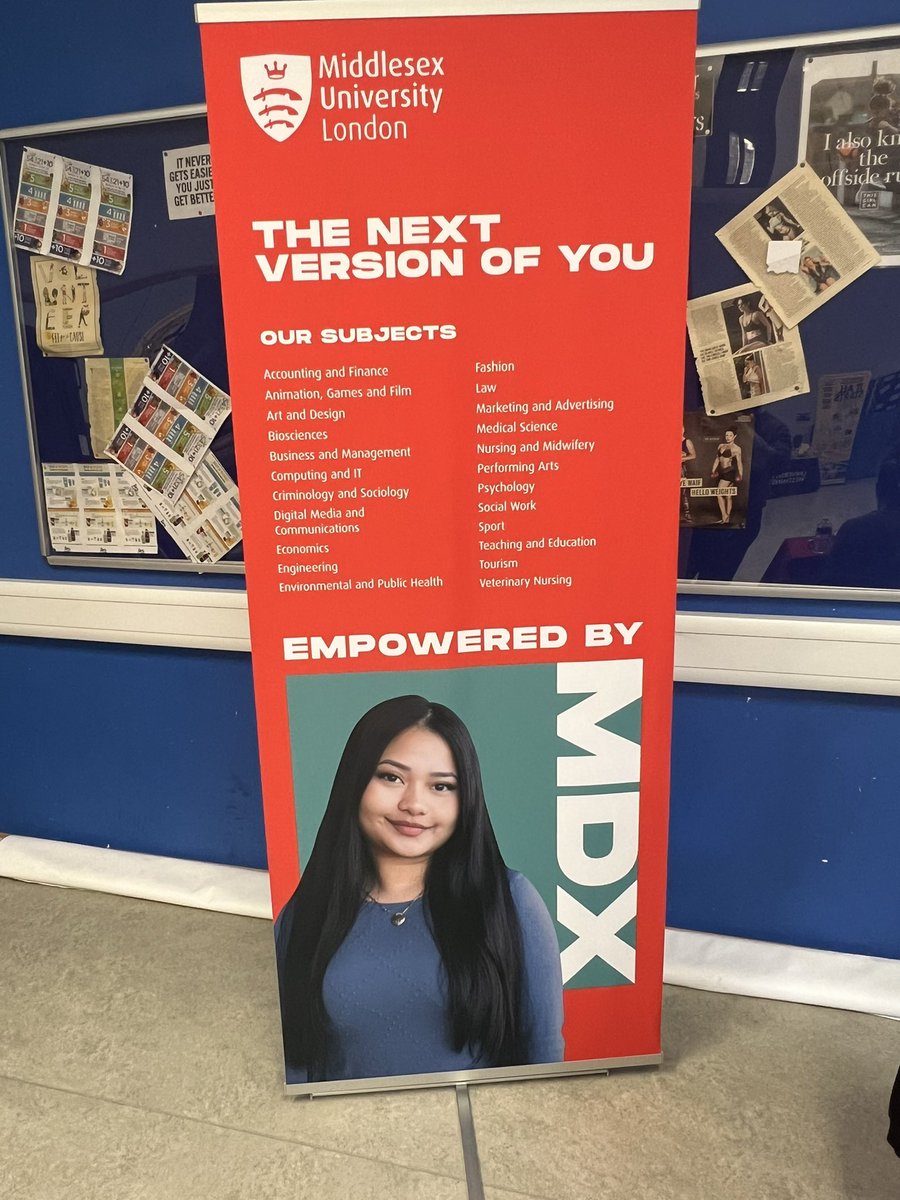English
We study English because all the skills of English are essential to participating fully as a member of society. We aim to instil a love of communication and expression which enables pupils to establish a dialogue with the world around them, in order to navigate and challenge it. A high-quality education in English will teach pupils to speak and write fluently so that they can communicate their ideas and emotions to others and through their reading and listening, others can communicate with them. Through these experiences, pupils have a chance to develop culturally, emotionally, intellectually, socially and spiritually.
Principles
In English students learn by:
- Reading a wide range of fiction and non-fiction, including in particular whole books, short stories, poems and plays with a wide coverage of genres, historical periods, forms and authors. The range will include high-quality works from:
- English literature, both pre-1914 and contemporary, including prose, poetry and drama.
- Shakespeare (focusing on a range of plays and characters).
- Non -fiction articles and extracts.
- These opportunities help students to develop an appreciation and love of reading and read increasingly challenging material independently to prepare them for later in their academic life as well as life as an adult. It is important to develop the skill of reading so that reading for pleasure is habituated and is a skill which can continue to develop later in life.
- Engaging in a variety of non-fiction writing opportunities to be able to construct an argument/viewpoint and sustain it. When writing creatively and for transactional writing, students are exposed to different styles and genres which are written for a range of contexts, purposes and audiences to be able to then adopt those skills and patterns and be able to produce convincing, appropriate and carefully crafted pieces of writing. Drafting is a key process and is substantially important when writing and meaningful drafting opportunities are built in the mode of learning in order for students to understand the intricate details and significance of how to progress in written expression.
- Exploring a range of ways to express themselves verbally and develop their spoken language skills. Students use discussion in order to learn; they should be able to elaborate and explain clearly their understanding and ideas. They have numerous opportunities to become competent in the art of speaking and listening by making formal presentations, demonstrating to others and participating in debates.
Key Stage 3 content
All text choices in years 7-9 are used as a springboard to help our students to explore wider themes and ideas to develop their understanding of the world and how society functions, the literary cannon and the significance of texts in the wider world of literature, whilst focusing on building on the necessary reading and writing skills and structures which will best prepare students for their futures.
Students read ‘The Breadwinner’ in class and follow Parvana’s journey of survival. In this term students also explore a range of non-fiction to support their understanding of some of the issues Parvana faces to try and develop a personal response and understanding of her struggles. Students work on creating opinions/arguments in relation to injustice and change to develop their understanding of the wider world and their role within it.
As the year progresses, students explore extracts from modern novels and use them as a springboard to explore ideas about equality, justice, democracy and responsibility in society. They then read extracts from a selection of Victorian texts in order to develop an understanding of the impact of the Empire and the concept of discovery.
By the end of academic year, students explore Shakespeare's 'The Tempest', and explore famous Shakespearean characters and their relationships. They continue to develop and craft their skill of creative writing.
In Year 8, students start their academic year with exploration of a range of short stories from 'Diverse Shorts', a collection of extracts which deal with issues around identity, diversity and community. This is aimed to help students develop some evaluative and critical thinking skills through discussion topics which arise from texts. Later in the year, students explore poetry from across the world, and how this form of writing is used to communicate complex ideas.
As the year progresses, students read the modern novel, 'Trash', and use it as a springboard to access some wider non-fiction texts to develop their understanding of corruption and inequality in society.
Later on in the year, students explore Victorian Gothic literature before they continue to explore Shakespearean tragedy and develop their understanding of morality through Shakespeare’s Hamlet.
In Year 9, students explore the modern tragedy 'A View from the Bridge' and develop their understanding of human agency and how a chaarcter's circumstance may affect their decision-making, their fate and their destiny.
Students then continue their exploration of Shakespearean tragedy when studying Romeo and Juliet, before they move on to the study of poetry through the lens of identity, slef-discovery and finding own voice. Alongside the study of poetry, students develop the skill of opinion writing.
Key Stage 4 content
In years 10 and 11, students read poetry, prose, drama and non-fiction texts. They read about mystery and passion, tragedy and despair. Ultimately, through this subject they experience and discuss a world outside of their own, leading to a deeper understanding and awareness of human emotions and experiences and what it is to be human.
English Language: Fiction: explorations in creative reading and writing. Non-fiction: writer’s viewpoints and perspectives.
English Literature: Macbeth and the 19th Century Novel (A Christmas Carol). Modern texts (Animal Farm) and poetry (Conflict cluster)
Key Stage 5 content
A level English Literature enables students to:
- read widely and independently set texts and others that they have selected for themselves
- engage critically and creatively with a substantial body of texts and ways of responding to them
- develop and effectively apply their knowledge of literary analysis and evaluation
- explore the contexts of the texts they are reading and others’ interpretations of them
- undertake independent and sustained studies to deepen their appreciation and understanding of English literature, including its changing traditions.
Students study:
- one Shakespeare play and one other drama (A Streetcar Named Desire) from either tragedy or comedy, critical essays related to their selected Shakespeare play (Othello)
- two prose texts from a chosen theme, poetic form, meaning and language
- a selection of post-2000 specified poetry (Poems from the Decade)
- a specified range of poetry from a literary period (The Romantics).
Exam Specifications
AQA | 8700 | GCSE English Language
AQA | 8702 | GCSE English Literature
AQA | 9ETO | A Level English Literature
Documents
| Curriculum Overview | Download |


















